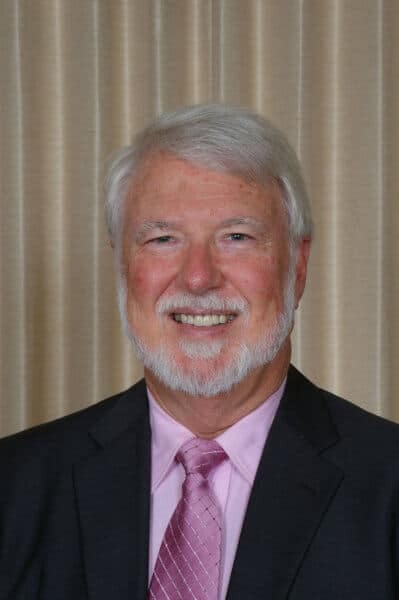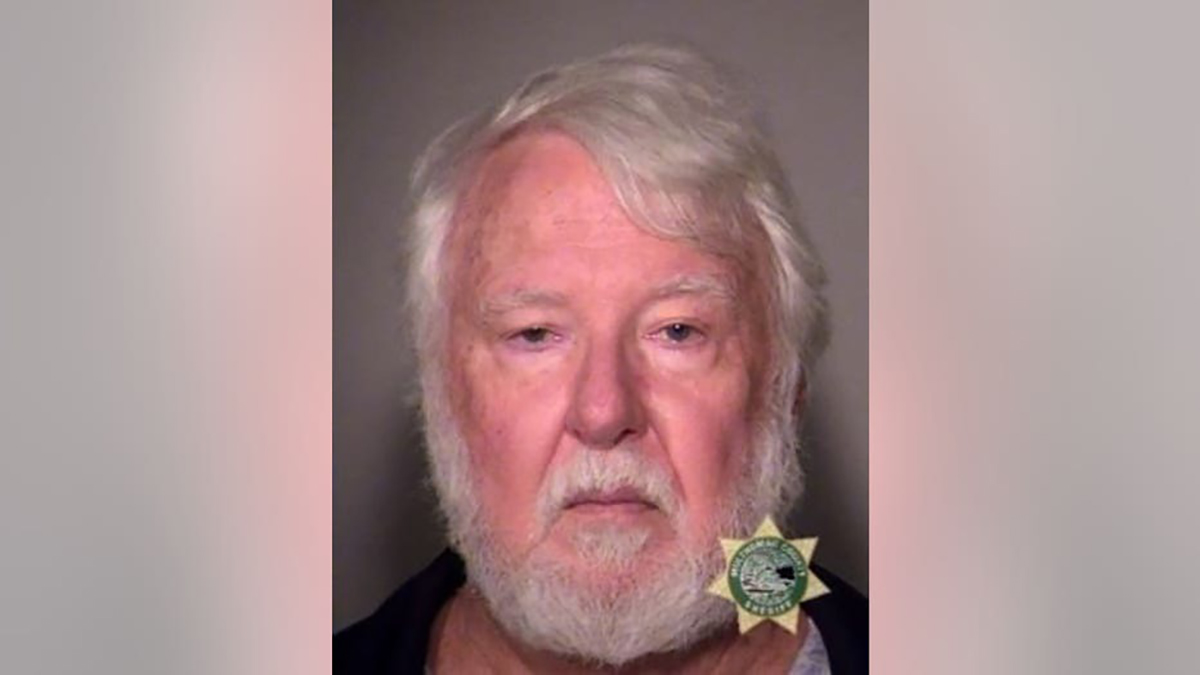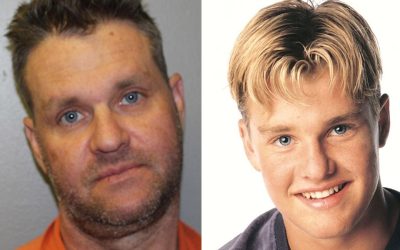In 2019, a courtroom in Multnomah County found Michael Laney, a former vice president at The Walt Disney Company, who left the company to go work for Warner Bros. in 1994, guilty of sexually abusing a 7-year-old girl in Portland, Oregon. The case was horrifying—but what’s more alarming is this: Laney will be a free man in less than a year.
His sentence? Just 81 months in prison, or a little under seven years. He is now slated for release by March 2026. For a crime that permanently impacts the life of a child, that punishment has sparked serious questions—not just about the crime itself, but about the justice system that handed down such a short sentence.
Laney is not the only former Disney employee to face serious criminal charges involving children. Over the years, several individuals associated with the company—either through employment or contracted work—have been convicted of crimes ranging from possession of child exploitation material to direct abuse. In 2022, a Florida sting operation led to the arrest of multiple men employed by Disney for alleged involvement in a human trafficking operation targeting minors. In 2014, a CNN investigation revealed that at least 35 Disney employees had been arrested for sex crimes involving children between 2006 and 2014—ranging from child pornography to attempted child rape. In 2018, Disney actor Stormy Westmoreland was sentenced two years in prison for sex crimes with a minor. He was caught sending pornographic photos and attempting to lure a thirteen-year-old boy to a hotel with him. While these individuals represent a tiny fraction of Disney’s vast workforce, the repeated association raises concerns about the vetting, oversight, and accountability structures within such a large and influential corporation.

It’s hard to ignore the pattern that emerges when you zoom out: individuals with power, wealth, or elite status often receive sentencing that appears vastly out of step with the gravity of their crimes—particularly when those crimes involve the most vulnerable among us.
Laney's corporate résumé included one of the most trusted family entertainment brands in the world. Yet while he built a career projecting wholesome imagery to the public, court documents revealed a deeply disturbing reality behind the scenes. The abuse began in approximately 2009, according to investigators, and was only disclosed years later when the victim found the courage to speak up. A six-day trial followed, and Laney was convicted of four counts of first-degree sexual abuse. He was 67 years old at the time of conviction.
The Portland Police Bureau’s Child Abuse Team led the investigation. Prosecutors presented additional allegations involving other minors, including one dating back to 2007, but that charge was ultimately not upheld due to lack of corroborating evidence. Still, the court found the primary victim’s testimony—and the supporting evidence—credible and compelling.
Despite this, Laney was sentenced to less than seven years in prison. He was ordered to pay a $4,000 fine and register as a sex offender upon release—measures that, for many, feel like a slap on the wrist considering the magnitude of the crime.
Timeline of Events
- March 2017 – Victim discloses abuse to law enforcement.
- May 7, 2019 – Laney is convicted in Multnomah County of four counts of first-degree sexual abuse.
- June 14, 2019 – Laney is sentenced to 81 months in prison, fined $4,000, and ordered to register as a sex offender.
- March 2026 (estimated) – Laney is expected to be released, completing his sentence after 6 years and 9 months.
Laney’s relatively short sentence is not an isolated case. Oregon has seen several examples where individuals in positions of power or privilege receive sentencing outcomes that many perceive as disproportionately light.
One of the most infamous examples is former Oregon Governor and Portland Mayor Neil Goldschmidt, who admitted in 2004 to a years-long sexual relationship with a 13-year-old girl while he was mayor. Despite the admission, Goldschmidt was never criminally charged and continued to wield political influence for decades. His case was ultimately shielded by power, status, and silence.
In stark contrast, everyday Oregonians convicted of crimes against minors often face decades in prison. In one federal case, an Aloha, Oregon couple received 50 and 45-year sentences for producing and distributing illegal content—longer terms than many murder convictions. While their crimes were serious, the sentence disparity raises questions about how justice is measured when high-profile figures are involved.
Even Oregon’s own youth sentencing system has been criticized for harsh mandatory minimums, especially under Measure 11. The law enforces long sentences for minors convicted of violent crimes—yet someone like Laney, convicted of abusing a child over a long period, walks free in under seven years.
Why It Matters
When sentencing outcomes are influenced by wealth, power, or prestige, public trust in the justice system erodes. If the law is to mean anything, it must apply equally. But when a former Disney executive serves fewer than seven years for the repeated abuse of a child, the message sent to survivors is clear: some people are above the law.
And for the victims? The trauma does not end when the trial does. Survivors often live with the emotional scars for a lifetime, while the person responsible may return to society, reputation intact, years before justice feels complete.
Laney’s upcoming release should serve as a wake-up call. Oregon has tough laws on paper—but whether they’re applied evenly is another question. When elite offenders receive leniency, it’s not just an injustice to the victim—it’s a warning to all of us that accountability in this state may depend more on who you are than what you did.
The public deserves transparency. Victims deserve protection. And justice must be more than a countdown on a calendar.












